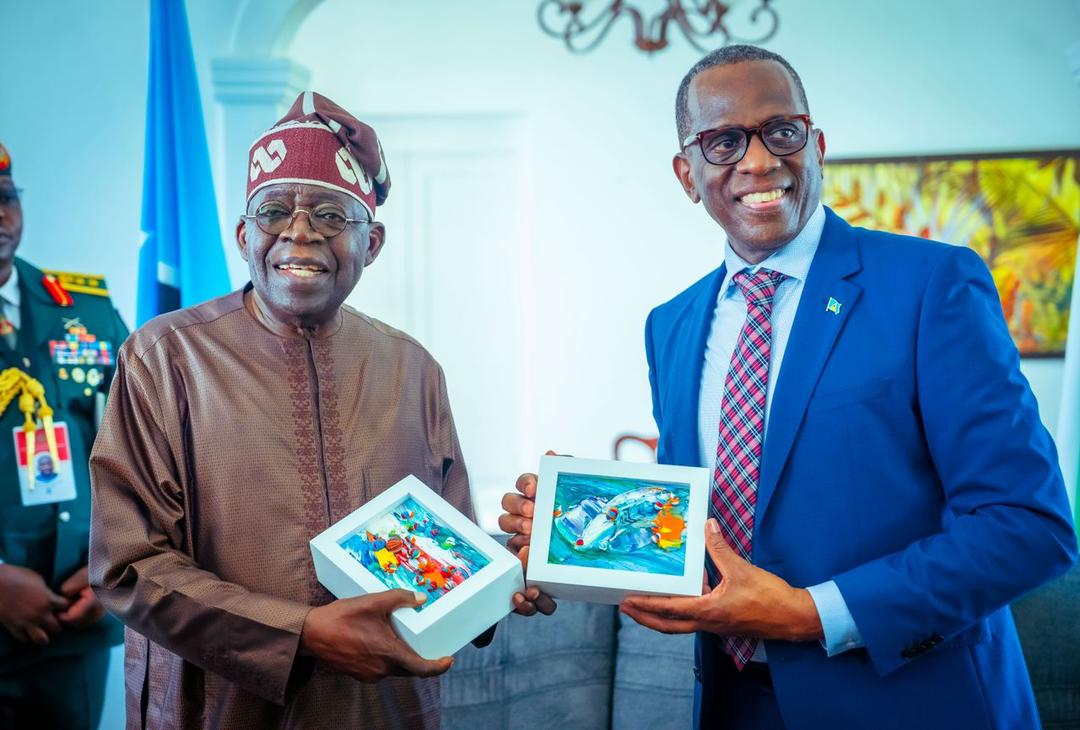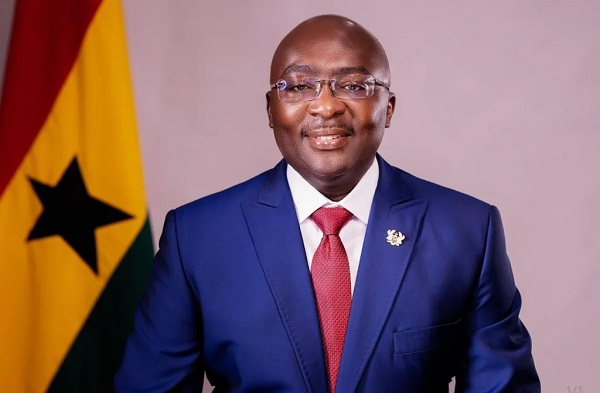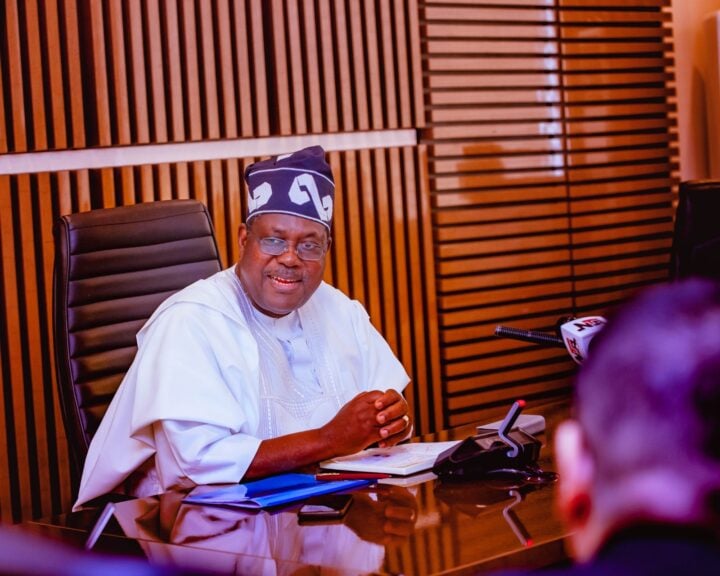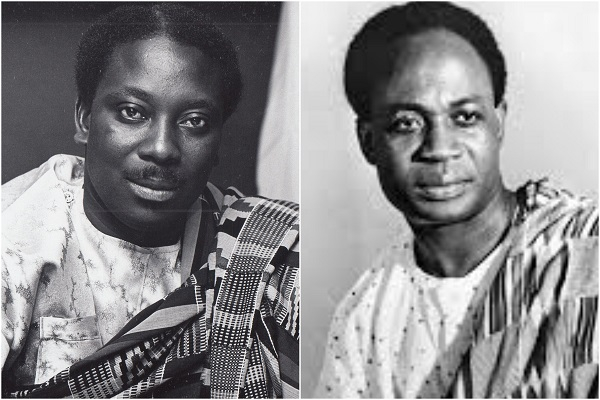Tinubu's historic state visit to Saint Lucia rekindles African-Caribbean ties - Presidency

The Presidency has firmly defended President Bola Ahmed Tinubu’s ongoing state visit to Saint Lucia, describing it as a historic and strategic engagement rooted in deep ancestral, diplomatic, economic, and cultural ties between Nigeria and the Caribbean.
In response to what it called “misguided, mischievous, and uninformed” commentary by some Nigerians questioning the purpose of the visit, the Presidency issued a comprehensive clarification underscoring the visit’s multifaceted significance.
“From the perspective of the Government of Saint Lucia, the visit by the Nigerian leader paves the way for the rekindling of our ancestral bonds, igniting a new era of diplomatic, cultural, and economic possibilities between our nations,” a statement issued by Special Adviser to the President on Information and Strategy, Bayo Onanuga read.
The visit marks President Tinubu as the first Nigerian leader to undertake a state visit to Saint Lucia, a member of both the Caribbean Community (CARICOM) and the Organisation of Eastern Caribbean States (OECS).
With a combined GDP exceeding $130 billion, CARICOM presents significant potential for South-South cooperation, trade, and development.
The statement highlighted that many Caribbean nations, including Saint Lucia, have populations with significant Nigerian ancestry.
In the mid-19th century, waves of immigrants from present-day Nigeria settled in the island nation, bringing cultural and religious traditions that remain part of Saint Lucian society today.
Reinforcing these historical links, the presidency noted the legacy of Sir Darnley Alexander, a Saint Lucian-born jurist who served as Chief Justice of Nigeria from 1975 to 1979.
Alexander, who migrated to Nigeria in 1957, played a pivotal role in the country’s legal and judicial development. His family’s deep ties to Nigeria—along with contributions by other Lucians like architect Neville Skeete—symbolise enduring people-to-people bonds.
The Presidency emphasized that President Tinubu’s visit aligns with Nigeria’s foreign policy thrust centred on the “Four D’s”: Democracy, Development, Diaspora, and Demography.
On Democracy, the visit strengthens Nigeria’s relations with Saint Lucia, a fellow democratic state with a stable parliamentary system.
During a live broadcast on the National Television Network (NTN), a Saint Lucian commentator described President Tinubu as “a fighter for democracy,” in reference to his pro-democracy activism during Nigeria’s military era.
On Development, the President’s engagement with institutions like Sir Arthur Lewis Community College and the deployment of Nigerian Technical Aid Corps (TAC) personnel underlines a commitment to educational and technical cooperation.
Under Diaspora, the visit supports the African Union’s Sixth Region initiative, which identifies the African diaspora as a critical development partner.
“Nigeria actively fosters cultural exchange through collaboration in education, culture, and heritage preservation,” the statement said.
The growing popularity of Afrobeats, Nollywood, and Nigerian literature in Saint Lucia—evident in local events like the Gros Islet Street Party—is a testament to Nigeria’s rising soft power in the Caribbean, the presidency noted.
On Demography, Tinubu’s message remains clear: Nigeria’s youthful population is a powerful driver of innovation, education, and industrialisation, and its global partnerships should reflect that strength.
As part of the visit, President Tinubu will meet with members of the Nigerian community in Saint Lucia at a reception hosted by Prime Minister Philip J. Pierre.
The event will provide an opportunity for the diaspora to interact directly with their President and raise matters of mutual concern.
Saint Lucia, which gained independence in 1979, has hosted fewer than 10 state visits in its history.
The last time an African leader visited the island was President Nelson Mandela in July 1998.
President Tinubu’s state visit—27 years later—is therefore seen as a momentous diplomatic occasion.
As part of the high-level engagements, President Tinubu will deliver an address to a special joint session of the Saint Lucian Parliament, held at the Sandals Grande Saint Lucian Conference Hall—renamed after former U.S. President Bill Clinton, who delivered a speech there in 2003.
At a time of global realignment and shifting partnerships, the Nigerian presidency sees this Caribbean engagement as timely and strategic.
“In an era of global uncertainty, deepening cooperation between the Global South, particularly between continental Africa and the Caribbean, has become imperative,” Onanuga stated.











